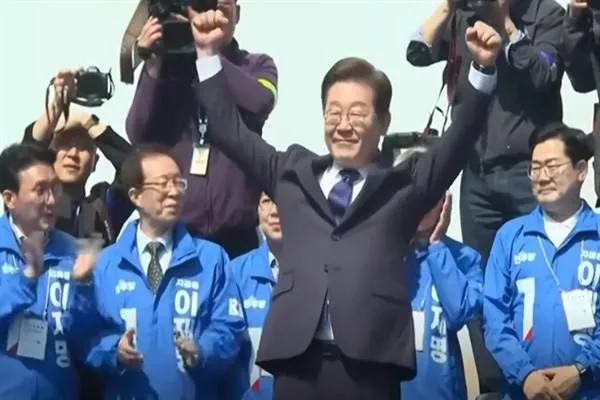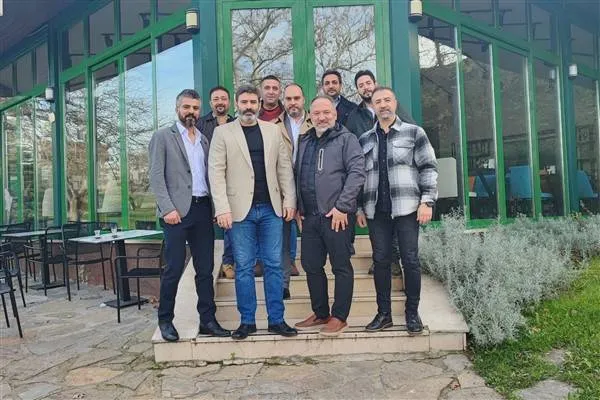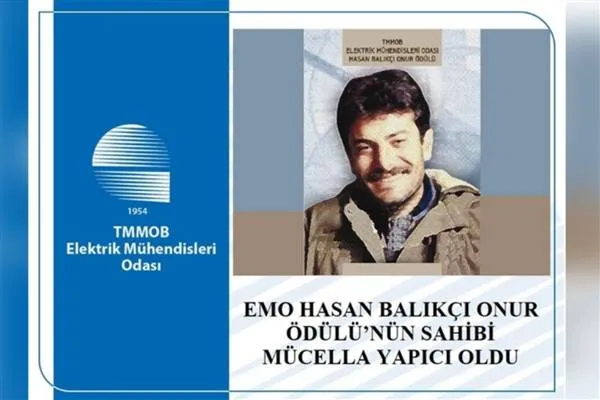New South Korean president sworn in and takes office
Seoul, June 4 (Hibya) – Lee Jae-myung, who won a landslide victory in South Korea’s presidential election, was sworn in as president less than 24 hours after polls closed. Upon taking office, he pledged to continue peace talks with North Korea and negotiate with the United States on tariffs.
In the short term, Lee’s victory was not surprising, as he had been clearly leading in the polls, and South Korea’s right wing was deeply divided after President Yoon Suk-yeol’s fateful decision to declare martial law last year.
However, Lee’s path to the presidency was far from easy. He had long been a controversial politician, with allegations of violence and even corruption following him for years.
Lee grew up in extreme poverty and often spoke of his desire to help the poor in South Korea. As a young man, he dropped out of school and moved to the city of Seongnam near Seoul to support his family. At the age of 15, he was injured while working in a factory and has been unable to use his left arm since then.
While working, Lee attended night school and in 1982 was admitted to the law faculty of Chung-Ang University in Seoul. Four years later, he was admitted to the bar. As a lawyer, he took on cases for working-class people, including injured workers and tenants facing eviction from their homes.
Lee entered politics in 2006 but achieved limited success until 2010 when he was elected mayor of Seongnam. Eight years later, he was elected governor of Gyeonggi Province, which surrounds the capital Seoul. In this role, he gained significant popularity when he demanded that all residents of the province receive government aid during the coronavirus pandemic.
Europe Asia News
















